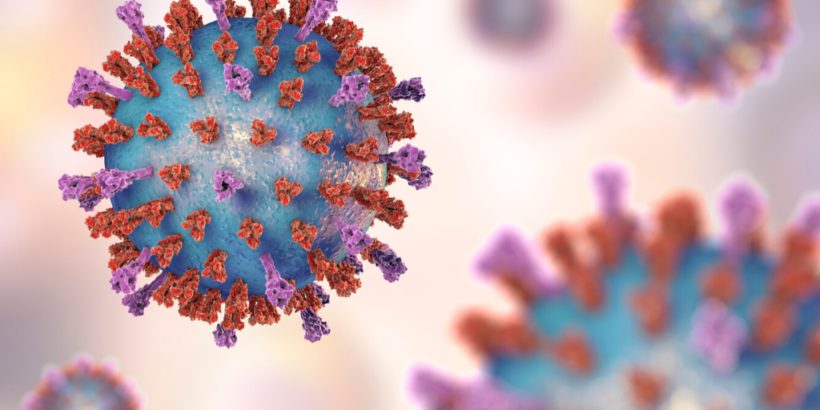This has been an exciting month for vaccine developments.
We first heard about Pfizer’s success with their trials which showed the vaccine was 90% effective.
And then more recently we heard from Moderna that their vaccine was close to 95% effective.
The trials have also shown extremely mild side effects for only a small percentage of participants suggesting that these vaccines will likely be safe and not problematic for most people who take them.
But a big question looms as far as how much these vaccines will cost.
Are the vaccines going to be free or are Americans going to be forced to pay astronomical prices?
We already have some indication of what to expect and here is the breakdown.
Reports indicate that Moderna would charge about $50 to $60 per two shot course. Meanwhile, Pfizer reportedly will charge $42 per two shot course.
That’s not horrible but there is a big difference between those prices and other vaccines.
For example, the Oxford vaccine which does not require a booster shot is said to go out for around three dollars per dosage. Meanwhile, other vaccines may go out for around $10 per dose.
(Prices are taken from the Guardian.)
At £38 to £45 for a course of two shots, Moderna’s vaccine is more expensive than the other frontrunners. AstraZeneca and Oxford University are aiming to sell their vaccine at about £3 a dose, while vaccines in trial with Johnson and Johnson and a collaboration between Sanofi and GSK are both expected to cost about £8 a dose. Pfizer is charging the US about £30 for a two-shot course. The UK has ordered 40m Pfizer shots but none of the Moderna vaccine.
There have been talks about the government covering the cost of coronavirus vaccines.
A joint report to Congress (PDF) from the Department of Health and Human Services and Department of Defense stated that they intended for the vaccines to be administered “with the goal of no upfront costs to providers and no out-of-pocket cost to the vaccine recipient.”
This would mean that if you want a vaccine you should not have to pay for it.
Of course, that might also mean that you have to wait extra long for the government to get it to you. I’ve got a feeling that if you want to pay for a vaccine, you will be able to get it much sooner than those waiting on it for free. But that is just my hunch.
If the entire public cannot get vaccinated free of charge, I think there will at least be some segments that do get covered.
According to elderlawanswers.com, “the CARES Act provides that if a vaccine becomes available, Medicare is required to cover this vaccine under Part B.”
It’s also possible that the next stimulus package could provide more coverage for vaccines as well.
It’s worth noting that the different vaccines present different logistical issues as they hit production.
For example, some of the vaccines like the Pfizer vaccine have a shorter refrigeration shelf life of only a few days while others can last a few weeks.
Also, the Pfizer vaccine requires refrigerators that are extremely cold and many doctors’ offices and pharmacies may not be equipped with those type of freezers since most common vaccines don’t require temperatures that cold.
These logistical challenges could impact the distribution so we will have to keep tabs on how things develop.
Overall though, this is all exciting news that so much progress has been made and that we are so close to rounding the corner with respect to widespread vaccines.
Related
Breaking: Covid vaccine 94.5% effective
New coronavirus treatment approved by FDA
Daniel Gillaspia is the Founder of UponArriving.com and the credit card app, WalletFlo. He is a former attorney turned travel expert covering destinations along with TSA, airline, and hotel policies. Since 2014, his content has been featured in publications such as National Geographic, Smithsonian Magazine, and CNBC. Read my bio.


So people without insurance can’t get the shot??